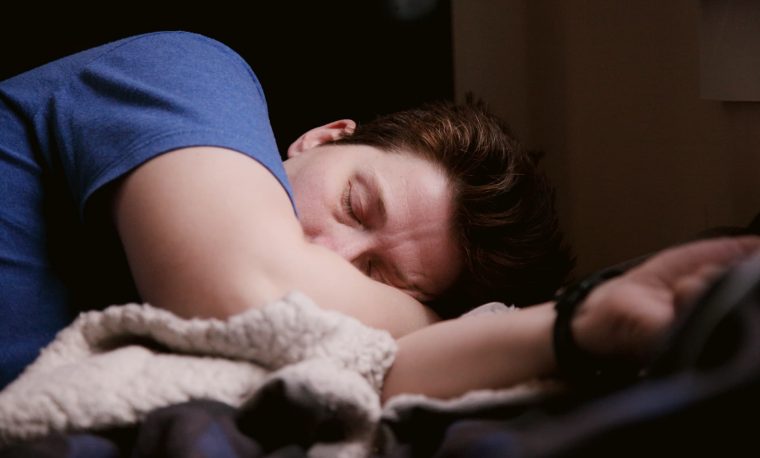Panic attacks
Panic and anxiety are normal human emotions that may arise when in a threatening or difficult situation. However, panic attacks are an exaggeration of the ‘normal’ response to fear or stress.
Panic attacks can range in severity from person to person. They are usually characterised by feelings of overwhelming sensations, such as a pounding heartbeat, feeling faint, and feeling of losing control. For some, they may feel convinced they are having a heart attack or going to die. Having a panic attack can be a terrifying and traumatic experience.
Most panic attacks can last from 5 – 20 minutes and can be bought on very quickly.
If panic attacks are a common experience for you, you should seek professional support to manage them.
Signs and symptoms of a panic attack
Common signs and symptoms of a panic attack include:
- The impending sense of doom or danger
- Feeling a loss of control
- Feeling like you may die
- Rapid heart rate
- Sweating
- Trembling, shaking
- Shortness of breath
- Sharpness in chest
- Chills, or hot flushes
- Fainting
Treatment for panic attacks at Nightingale Hospital
Treatment for panic attacks at Nightingale Hospital in London can be as an outpatient, day patient or inpatient. We have the expertise to approach the support and treatment we offer you for your panic attacks in a personal and flexible way to benefit you the most in your recovery. Our approach to treating panic attacks combines individualised programmes with treatments based on current clinical evidence.
There are two types of treatment for panic attacks:
- Talking therapies – Psychotherapy or counselling can help you understand, come to terms with and find strategies to overcome your panic attacks, CBT can help you learn more positive emotional and behavioural responses to situations and feelings and Mindfulness-Based Cognitive Therapy can make you more aware and mindful of what you’re experiencing.
- Medication – Medication can also be effective for panic attacks. It may help you to feel less anxious and cope better so that you can start to enjoy life and deal with problems effectively again.
Managing panic attacks
Grounding techniques have been said to help some people suffering from panic attacks:
- Submerge your hands in cold water
- Breathe in and out deeply, focusing on each move
- Pick up or touch items near you and focus on how they feel
- Stamp on the spot, this may help control your breathing
- Use an anchoring phrase – recite facts about yourself out loud
After you have a panic attack
- Tell someone: Find someone to confide in, such as a family member, friend or counsellor so you do not bottle up emotions
- Look after yourself: A panic attack can be an emotionally and physically draining experience. You might benefit from rest, finding a quiet place, or eating or drinking something












